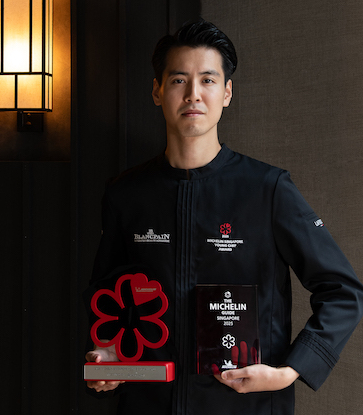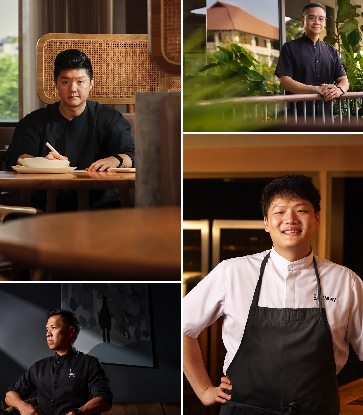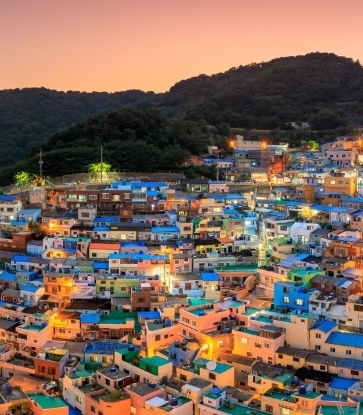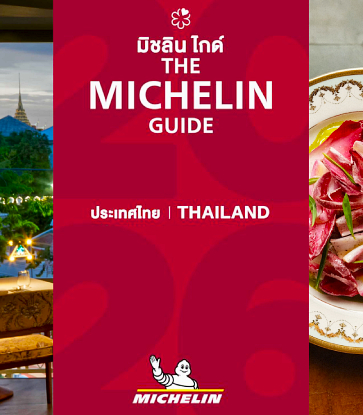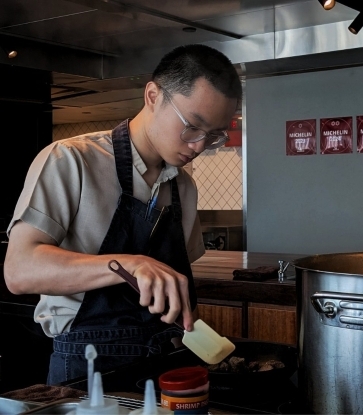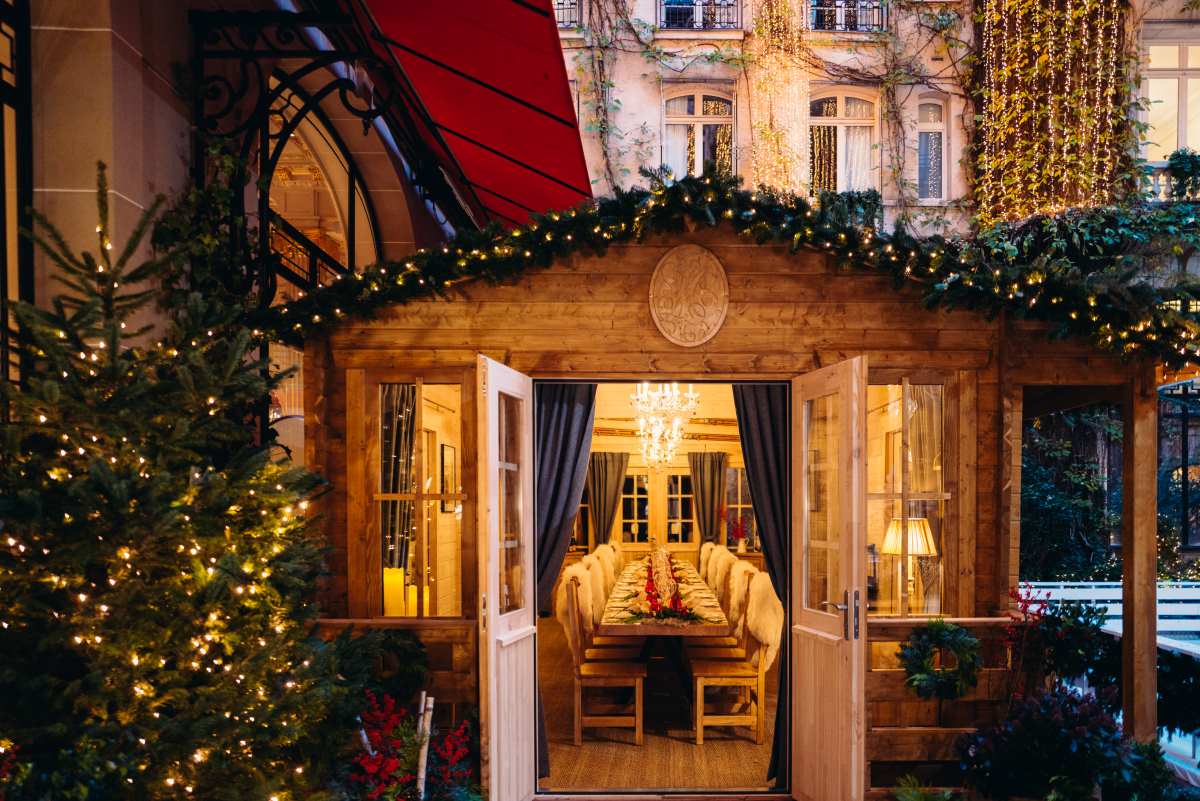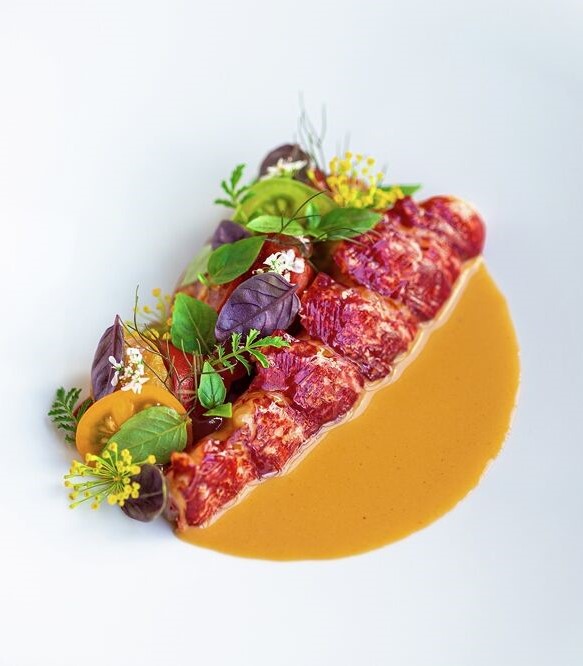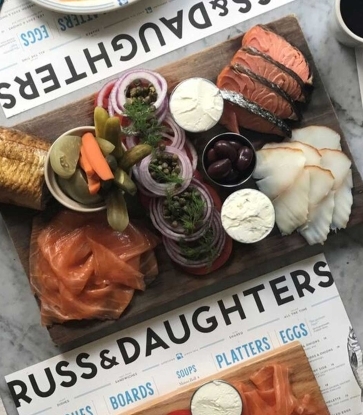In the latest edition of Chef’s Table (premieres April 28), Netflix spotlights legendary chefs, including Thomas Keller, José Andrés, Alice Waters, and Jamie Oliver.
Introducing Chef Thomas Keller is both easy and difficult. Easy, because his reputation precedes him. Difficult, because his achievements are so massive that they’d be impossible to capture in such a short intro.
For decades, Keller’s restaurants have been among the best in the nation, most notably The French Laundry (Three Star Green Star) in California, per se (Three Star) in New York, and more recently, The Surf Club Restaurant (One Star) in Florida.
His impact is felt far beyond his own kitchens. His philosophies have shaped generations of chefs, many of whom trained under his guidance before opening award-winning restaurants of their own. If we listed their names here, it would fill the entire article.
Even with so many accolades, Keller remains down-to-earth, humble, and kind – traits he attributes to how his mother raised him.
His goal for it all? Simply to make people happy.
In the episode, Grant Achatz called you “the president” and “the single person that everybody looks to as the best.” What advice would you give to all of the chefs who look up to you?
I've never really thought about becoming the best. I go to work every single day and try to do a better job than I did yesterday. We talked about 1% improvement every single day. When I was a kid, my mother told me, If you save a dime every day, look how much money you have in 20 years. Increment of improvement every single day, that makes you who you are.
And then, there are things that you don't have control over. Decisions change our lives. Sally and Don's decisions to sell me The French Laundry was significant. It wasn’t my decision, it was their decision, but it ended up for both of us to be a really great decision.
Every day you try to do a better job. Desire is a big part of that. Desire really drives me and drives us every single day without variation. You're never the best. We're not athletes. I have the highest respect for Michelin because they're not saying anyone is number one. They're saying you have Three Stars, and we’re part of the Three Star group. There's no number one.

You went from a childhood of Kraft mac & cheese to defining how good American food can be. Looking ahead, what's the future of American fine dining?
I wish I had a crystal ball. I can't really tell you how it's gonna fall in the future. I can only express what I see with my teams and my restaurants. I see two generations younger than I, who have the same commitment, dedication, and desire to make people happy through the food that we cook.
We have to look in the past and see the history of fine dining. The French Revolution kind of kicked off, with all of the great chefs from all the great courts in France were out of a job and opened restaurants. Fine dining has survived a couple hundred years – over wars, economic downturns, plagues, you name it. It’s not fragile – look at Troisgros in France. Four generations and it started as a buffet. It's been a Three MICHELIN Star restaurant for [over 55] years.
I'm sure fine dining will be around a couple hundred years from now. What does it look like? That's impossible to say, but I hope it still represents integrity, quality, and the relationship between farmers, fishermen, foragers and gardeners, and the kitchen teams, relationship between winemakers and vineyards and sommeliers, and the relationship between us and our guests. And then finally, the relationship between us. If we're not taking care of ourselves and our teams, then we're not we're not going to be successful.

In Chef's Table: Legends, you said, “if you’re not having fun, then what’s the point?” Nowadays, what does fun look like for you at your restaurants?
At this point in my life, I have fun just being with the young team and helping them in any way I can. Fun for me is visiting with the guests, but more importantly, allowing them to have fun.
At the end of the day, whatever you're cooking, the purpose is to make people happy. That's always been our goal. We try to make our guests feel good, comfortable, giving an opportunity to have fun and engage with the team and the kitchens. We try to have a full, holistic experience for our guests.
Sometimes chefs get all this recognition, but the service team is probably the most important team in the restaurant. Without great service, your food can be diminished. You go to a restaurant that has really good service and good food before you go back to a restaurant that has great food and terrible service because you want to feel good in the restaurant.
When I grew up, fine dining restaurants were quite intimidating and mechanical. Laura Cunningham, my partner, realized that if we're gonna have a restaurant, we want to have a restaurant that has a casual overtone to it, with still excellent service, excellent food, and a beautiful dining room. Part of that was allowing our service staff to actually engage with our guests and allow their personalities to be apparent. It's a casualness that is refined and elegant, but still allows people to build relationships with the team. That allows everybody to have fun.
How about fun outside your restaurants?
Playing golf. That's a very simple question and doesn't require any further discussion.

In the episode, you mention chefs who mentored you or inspired you. Which chef of the past would you invite to dine at your restaurants, and what would you discuss?
I would want Fernand Point at my table. I only know him from what I’ve read about him. Ma Gastronomie is a fascinating book, somewhat of a cookbook, but not in the way recipes are written today. The whole book is really a story, and the first half of the book, he just tells stories. I would also want Mère Brazier at my table.
I do a chefs' dinner every year and invite three to four generations just to have conversations and tell stories. Something that I've been grateful for is I can tell my story and people want to listen.
I would want to sit around the table and listen to their stories in the same way I was fortunate to sit with the great chefs André Soltner, who just passed away, Alain Sailhac, Jean-Yves Piquet, Michel Richard, and Paul Bocuse. Those are people who shared their stories, and the stories in many ways inspire us, but more importantly, bind us together. That's the important thing to remember – we are part of a profession that's bound together by history and those individuals who came before us.

Outside of the culinary world, who has influenced you?
We always speak about John Wooden, the winningest basketball coach ever. John talks about the idea of preparing yourself for your future, what you need to do to excel. Someone who expressed this ideal of excellence that I have enormous respect for. When you become a manager in one of our restaurants, whether it's a sous chef or a dining room manager, you receive a copy of John Wooden’s book for your birthday.

What would you like your legacy to be?
Legacy is defined by others. Each person who knows me, knows about me, or reads about me in the future–their memory or thoughts or takeaway–that'll be my legacy.
It's not something that I focus on. I'm focusing on today and tomorrow in a way that helps our teams become better and in building relationships and friendships. There's never enough focus or credit given to our farmers, our fishermen, our foragers, our gardeners. Without them, we’d be nothing. If you can't get a good chicken, then what kind of chef are you going to be?
I would never have dreamed ever in a million years that I would end up being the Thomas Keller I am, coming from the Thomas Keller of my past. Shocked every morning when I walk out to The French Laundry garden and say, “wow, this is ours.”
I thank God for that. I thank my mentors, and especially my mother. And Laura Cunningham because she's been a big part of this restaurant since we opened. I can't express my gratitude for everything that she's done for the restaurant profession in general, especially as it relates to service.

Hero image: All images Courtesy of Netflix © 2025




